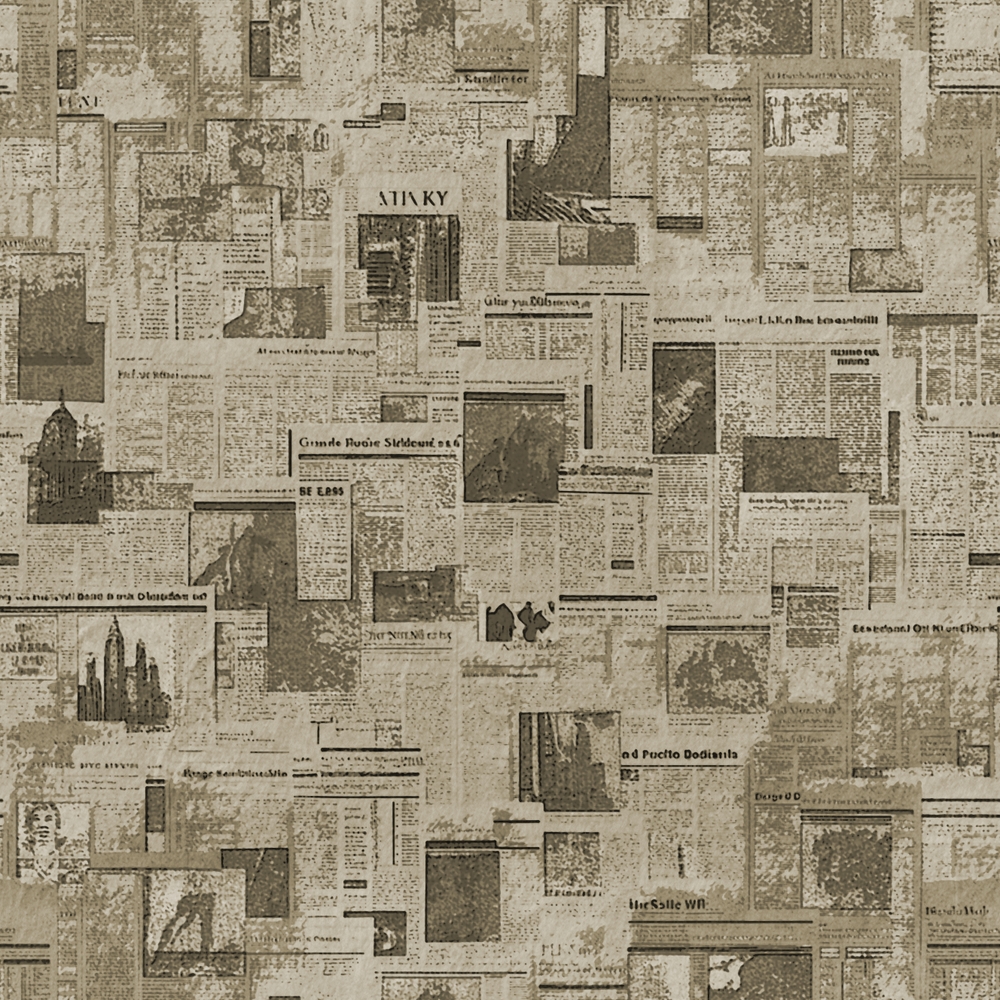He Who Is Forgiving Merits Forgiveness
Yom Kippur – the day of atonement for our sins – is an exciting day. However, it’s not a “freebie”. One must repent properly in order to earn forgiveness from God. It is also a day of judgment. It is a day on which the final verdict is sealed for every person for the entire year. Who can be sure that his repentance is good enough? Who doesn’t want to gain atonement for his sins? What can we do to ensure that God will forgive us?
The Talmud (Rosh Hashanah 17a) reveals a fascinating tactic: Anyone who is forgiving and is not stringent regarding the way people treat him merits that in the same vein, he will be spared from the Heavenly judgment. To support this concept, the Talmud relates a story. Rav (Rabbi) Huna the son of Rav Yehoshua was sick, and Rav Papa came to visit him. Rav Papa saw that he was deathly ill, and advised to begin the funeral arrangements. In the end, Rav Huna recovered, and Rav Papa was embarrassed to face him. Rav Huna was asked what he had seen when he was near death, and he responded, “Indeed, I was supposed to die, but then God said that because I was not strict with other people, Heaven shouldn’t be strict with me either.” Therefore, he was granted a new lease on life.
Benefit in Both Worlds
Based on this principle, the Chofetz Chaim encourages a person to learn to be patient and refrain from answering back when being wronged by others. The Chofetz Chaim says (Shmiras Halashon, part 1 chapter 8) that we are taught that the pain one must endure in the Next World for sinning is extremely excruciating. The Ramban writes (Sha’ar Hagmul) that one hour in Hell is worse than all the pain Job had suffered his entire life. (Job enjoyed wealth and many children. He lost everything in a sudden tragedy and became very ill, suffering immense physical pain as well.)
We see that people are willing to tolerate some insult if it means avoiding a large financial loss. How much more is it worthwhile for a person to do so if it means being spared from punishment in the Next World. Therefore, one should invest as much as possible in being a forgiving person, and relinquishing strictness with the way he is treated. The more a person is forgiving and the less he pursues holding people accountable for the way they treat him, the more forgiving Heaven will be with him, and he will be judged with lenience accordingly. Not only that, but as we see from the story in the Talmud, it can even extend a person’s life. It is a sacred trait one should seek to cling to as much as possible, for it will bring him great benefit in both worlds.
The Chofetz Chaim promotes this idea in general. How much more so is it applicable in these days, during a time of atonement and Heavenly judgement.
A Timely Story
One year on Rosh Hashanah, the Chozeh of Lublin (a great and holy man) was delayed in attending the synagogue for the blowing of the shofar. When he finally came, he explained the reason for his delay. He didn’t want to perform the mitzvah of listening to the shofar until he was certain he had a good deed to serve as a merit for himself. But the more he thought, the more he could only think of faults in himself. But then he remembered that he had a good deed.
One day, he wanted to wake up especially early to do a certain mitzvah (good deed), and he asked his assistant to wake him up early. The assistant had overslept, and the Chozeh was very upset about missing out on the mitzvah. He was prepared to give his assistant some sharp rebuke, but then he thought to himself, “Why did I want to wake up early? The reason I wanted to wake up early was to do the will of God by performing a mitzvah. Now the will of God is that I should speak kindly to my assistant.” The next time he spoke to his assistant, he spoke to him softly as usual, without exhibiting any signs of anger. With this merit he was satisfied in approaching the special service of the shofar blowing.
The Key to Forgiveness
The key to forgiveness is becoming a forgiving person. This is something we can exercise on a daily basis, and is especially relevant when we are under stress. There are always people around us who make mistakes and cause us some degree of anguish. It can be being cut off by a car, encountering a person who speaks rudely, someone being uncareful with our possessions or someone failing to do what we expect from them. Any time we exercise patience instead of criticism, it is a remarkable accomplishment. Every time we let go of putting someone in his place, it is a tremendous merit for ourselves. There is no better time than now to put more emphasis on working to be patient and forgiving.
By Rabbi Yitzchok Aryeh Strimber torah4every1@gmail.com


